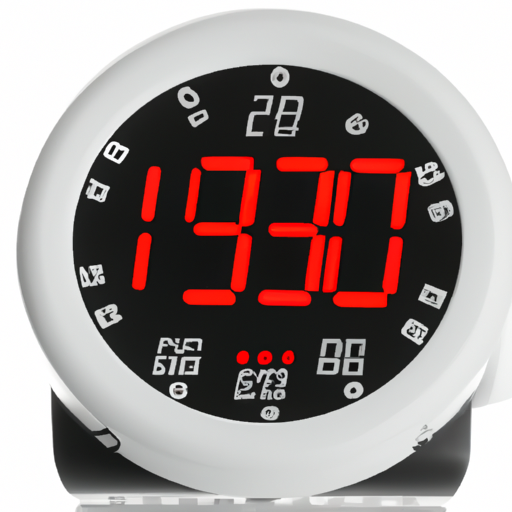Overview of Real-Time Clocks (RTCs) and the LT1162IN
Real-Time Clocks (RTCs) are critical components in modern electronic systems, providing accurate timekeeping and enabling various functionalities across a wide range of applications. The LT1162IN, while not as commonly referenced as other RTCs, embodies the essential characteristics and technologies that define RTCs. Below, we delve into the core functional technologies of RTCs and explore effective application development cases.
Core Functional Technology of Real-Time Clocks
| 1. Timekeeping Mechanism | |
| 2. Power Management | |
| 3. Interface Protocols | |
| 4. Alarm and Timer Functions | |
| 5. Temperature Compensation | |
| 1. Consumer Electronics | |
| 2. Industrial Automation | |
| 3. Automotive Applications | |
| 4. Healthcare Devices | |
| 5. Smart Home Devices | |
Application Development Cases
Conclusion

Real-time clocks are indispensable components in a multitude of applications, providing accurate timekeeping and enabling various functionalities. The LT1162IN, while not a mainstream RTC, exemplifies the technology that can be leveraged in diverse development cases. When designing systems that require timekeeping, it is essential to consider the specific requirements of the application, including power consumption, accuracy, and communication protocols. By understanding the core functionalities and exploring effective application cases, developers can create innovative solutions that harness the capabilities of RTCs, ultimately enhancing the performance and reliability of their products.
Overview of Real-Time Clocks (RTCs) and the LT1162IN
Real-Time Clocks (RTCs) are critical components in modern electronic systems, providing accurate timekeeping and enabling various functionalities across a wide range of applications. The LT1162IN, while not as commonly referenced as other RTCs, embodies the essential characteristics and technologies that define RTCs. Below, we delve into the core functional technologies of RTCs and explore effective application development cases.
Core Functional Technology of Real-Time Clocks
| 1. Timekeeping Mechanism | |
| 2. Power Management | |
| 3. Interface Protocols | |
| 4. Alarm and Timer Functions | |
| 5. Temperature Compensation | |
| 1. Consumer Electronics | |
| 2. Industrial Automation | |
| 3. Automotive Applications | |
| 4. Healthcare Devices | |
| 5. Smart Home Devices | |
Application Development Cases
Conclusion

Real-time clocks are indispensable components in a multitude of applications, providing accurate timekeeping and enabling various functionalities. The LT1162IN, while not a mainstream RTC, exemplifies the technology that can be leveraged in diverse development cases. When designing systems that require timekeeping, it is essential to consider the specific requirements of the application, including power consumption, accuracy, and communication protocols. By understanding the core functionalities and exploring effective application cases, developers can create innovative solutions that harness the capabilities of RTCs, ultimately enhancing the performance and reliability of their products.













